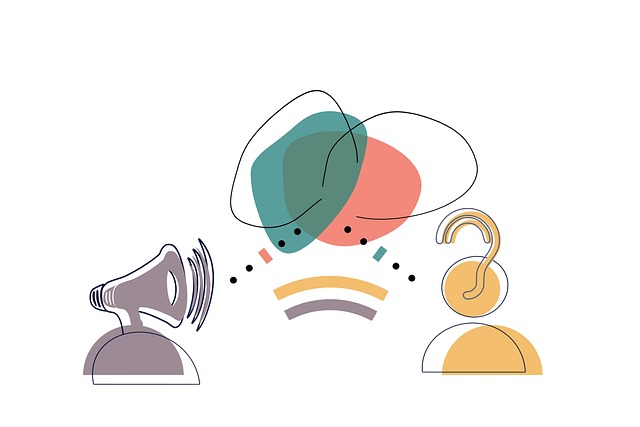Businesses leverage AI sales and marketing automation tools to enhance customer interactions, optimize campaigns, and maximize ROI through personalized content, 24/7 support, data analysis, and targeted campaigns. Measuring success requires specific KPIs beyond financial metrics, including engagement, retention, and satisfaction, enabling continuous optimization for both attraction and loyalty.
In the ever-evolving digital landscape, Artificial Intelligence (AI) is transforming sales and marketing strategies. This article delves into the power of AI sales for marketing automation, exploring how intelligent systems can maximize return on investment (ROI) for automated campaigns. From understanding core concepts to implementing effective strategies and measuring key performance indicators, we provide insights to optimize your marketing efforts. Discover how AI can revolutionize your approach to marketing automation and drive significant business value.
- Understanding AI Sales for Marketing Automation
- Strategies to Optimize Automated Campaign ROI
- Measuring Success: Metrics and Key Performance Indicators
Understanding AI Sales for Marketing Automation

In the realm of AI sales for marketing automation, businesses are leveraging advanced technologies to streamline and optimize their campaigns. AI chatbots and agents, powered by sophisticated algorithms, play a pivotal role in this transformation. These intelligent systems can personalize customer interactions, enabling more effective communication and higher engagement rates. By automating routine tasks such as lead generation, qualification, and nurturing, companies can maximize return on investment (ROI) for automated marketing campaigns.
The integration of AI sales into marketing automation strategies offers several advantages. Chatbot automation, for instance, allows brands to provide 24/7 customer support and respond to inquiries promptly. Furthermore, AI agents can analyze vast amounts of data to identify patterns and trends, enabling marketers to create highly targeted campaigns that resonate with specific audience segments. This level of personalization not only boosts conversion rates but also fosters stronger, more meaningful connections between brands and their customers.
Strategies to Optimize Automated Campaign ROI

Maximizing return on investment (ROI) for automated marketing campaigns is a key objective for businesses leveraging AI sales and marketing automation tools. A strategic approach is required to ensure that the technology delivers tangible results. One effective strategy involves segmenting audiences based on behavior, preferences, and demographics, allowing for personalized content and offers. By tailoring messages to specific segments, marketers can enhance engagement rates and conversion probabilities.
Additionally, continuous monitoring and analysis of campaign performance are essential. Advanced analytics provided by AI agents offer valuable insights into customer interactions, enabling data-driven decisions. Optimizing send times, testing different content formats, and adjusting triggers based on real-time data can significantly improve ROI. An AI automation agency can play a pivotal role in implementing these strategies, ensuring that campaigns are not only automated but also finely tuned to maximize sales and business growth.
Measuring Success: Metrics and Key Performance Indicators

Measuring success is a critical aspect of any marketing campaign, especially when leveraging AI sales for marketing automation. To maximize return on investment in automated campaigns, businesses should define clear key performance indicators (KPIs) tailored to their goals. Metrics such as click-through rates, conversion rates, and customer acquisition cost can provide valuable insights into the effectiveness of AI agents driving these campaigns. For instance, an ecommerce automation strategy using AI agents might track the number of targeted customers converting into paying customers, helping to calculate the direct impact of automated sales efforts on revenue.
Beyond financial metrics, considering secondary KPIs like customer engagement and retention rates is essential. By analyzing how often AI agents interact with potential clients and the subsequent level of client satisfaction, businesses can gauge the quality of their marketing automation. This holistic view allows for continuous optimization of AI sales strategies in marketing, ensuring that campaigns not only attract but also retain a loyal customer base.
In today’s digital landscape, harnessing the power of AI sales for marketing automation is a game-changer. By understanding the dynamics of AI in sales, implementing strategic optimizations, and tracking key performance indicators, businesses can maximize return on investment for automated campaigns. This data-driven approach ensures that every effort contributes to a more efficient, effective, and profitable marketing strategy.
